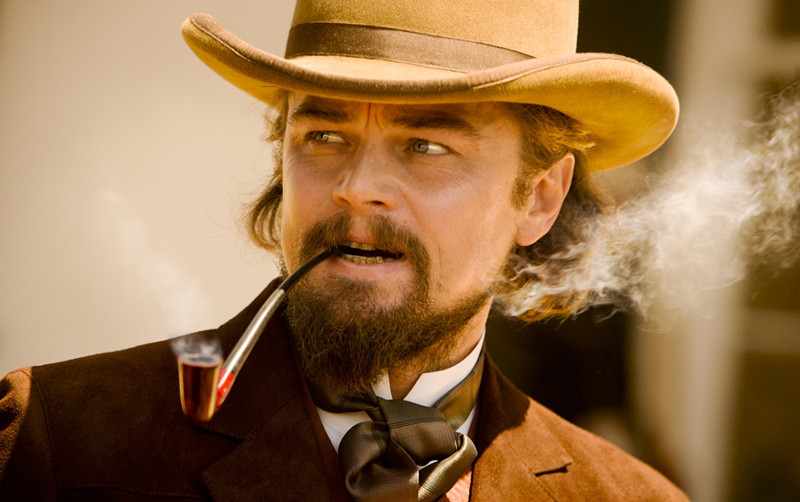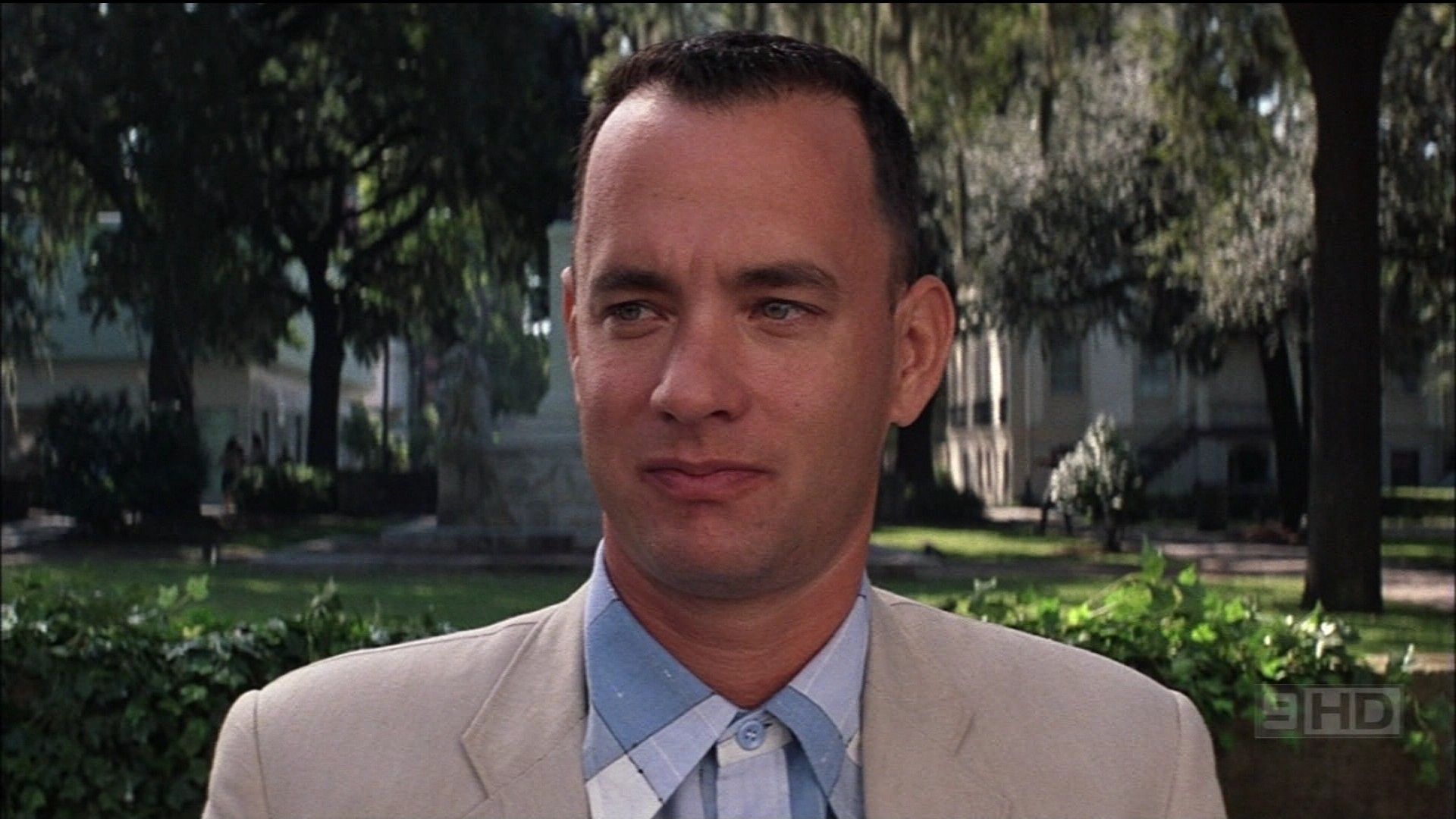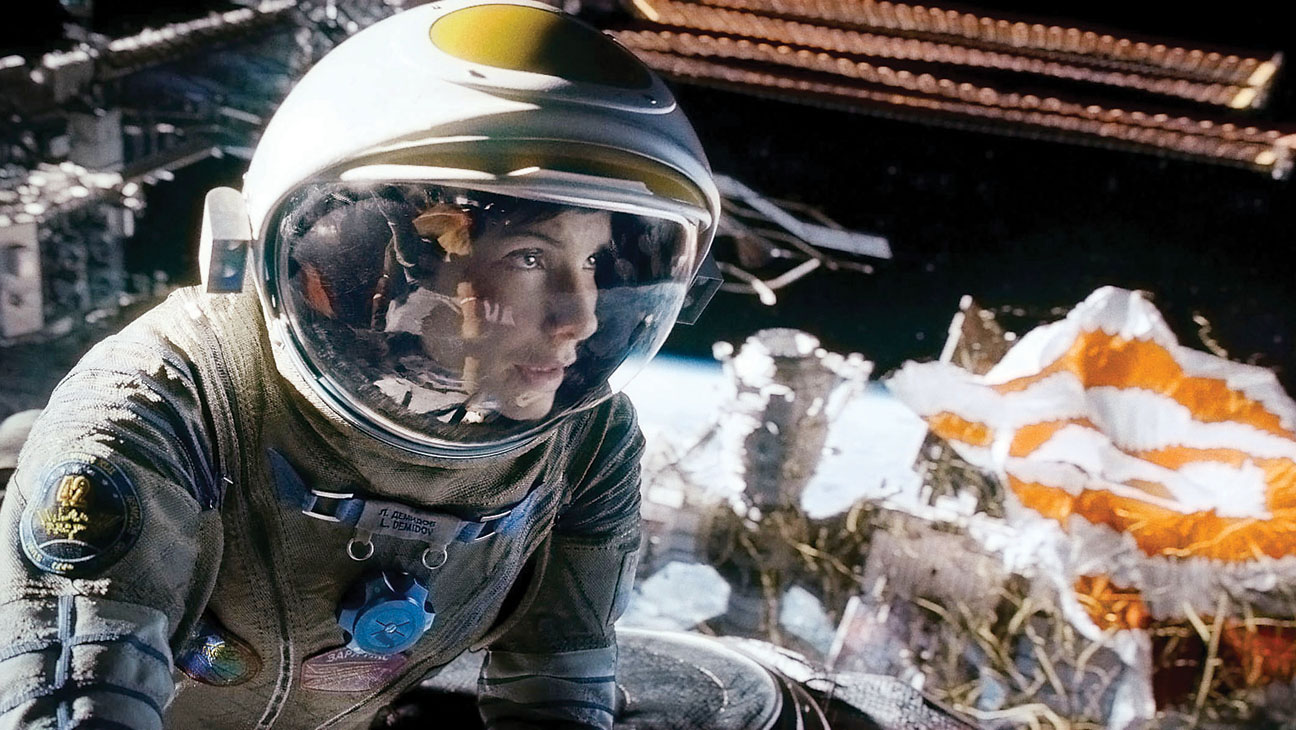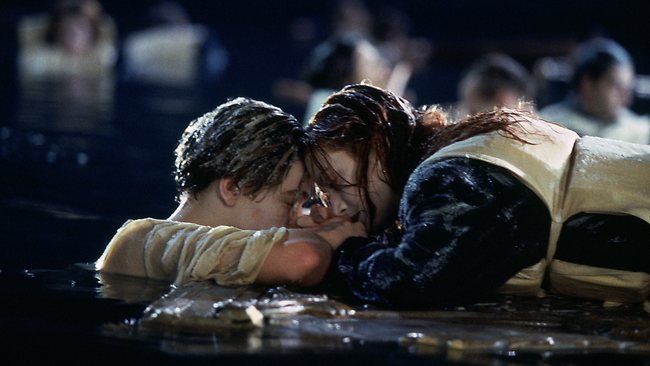5. Full Metal Jacket – Stanley Kubrick

It may be a crime to negatively critique such a god of cinema, but some idiot must come along and do it from time-to-time.
The Shining could honestly be here instead, despite its legendary status. It by no means should be considered Kubrick’s most famous work when 2001 and Dr. Strangelove are both finer works. But instead we went with another of IMDB’s top 100 films, Full Metal Jacket.
It may’ve not garnered much attention from the big awards, but it’s regarded these days as one of the better war films of all-time by most major film news sites. But everyone needs to take a step back and consider more than R. Lee Ermey’s great verbal drilling of Pvt. Pyle.
Whatever steam this film may pick up in the first act, it severs that narrative flow in the second. We switch our focus to another character that is undeniably less interesting, as Matthew Modine’s Pvt. Joker drags along in Vietnam. And up to that point and beyond it, we’re subjected to cardboard-cutout portrayals of soldiers at war, including the two-dimensional lead.
Sure, Kubrick is Kubrick, so the movie looks amazing. It’d be astonishing if any of his didn’t. But the triviality and cynicism he shows at the end just to get across his anti-war stance is more than a little weak.
4. Django Unchained – Quentin Tarantino

Most people will love or hate Quentin Tarantino’s style no matter the setting. If Pulp Fiction and Reservoir Dogs don’t do it for cinema fans, then nothing he makes will.
Many might consider Pulp to be receiving of too much praise, mostly for its unique structure. The opposite could be said for Dogs or Jackie Brown when it comes to their hype. But all those films easily surpass the quality of Django Unchained.
It was a close race between this and The Hateful Eight, but Django takes the cake. Beyond the style and cinematography, the main draw to this movie is the performances of Jamie Foxx, Leonardo DiCaprio, and above all else, Christoph Waltz. Many consider it an entertaining revenge plot and blood bath that Tarantino knows how to deliver, and there’s not much to argue about that.
But it’s also hard to oppose the fact that this film outstays its welcome and comes off the rails in the final act. Sure, the over-the-top performances and needless violence are Tarantino trademarks. But his traditionally long scenes don’t always work in this film, aside from the dinner table scene.
The film is far too long and contains one of the most non-witty and unrealistic scripts Tarantino has ever penned. It may be intense and littered with some memorable moments like Leo smashing his hand. But it seems to merely run into these scenes from time-to-time and is shocking enough for people to remember the whole movie based on just those select moments.
The ending should feel awesome considering how much we root for the character, but it instead feels cheap and a long time coming.
3. Forrest Gump – Robert Zemeckis

This dead horse has been beaten to its bones. But there’s still plenty of its structure to explore.
Zemeckis wanted to develop a feel-good story with patriotic vibes and a character for a generation to attach to. It’s hard to argue the fact he achieved just that. So, even if it’s quality is the movie equivalent of an Applebee’s, it’s at least good enough for a watch on every other July 4th (switching in and out with Rocky IV).
But while there’s two problems that always come up about this film, they aren’t the only two.
The first major setback is the fact the film is dripping with sentimentality. Tom Hanks is likeable enough as it is, but Zemeckis falls into the same schmaltz his mentor Steven Spielberg occasionally finds himself in. It sets the movie and the character back, and it never fully escapes this manufactured, mawkish air.
The second issue is its disrespect of history. It’s not pretty and many of Forrest’s accomplishments take achievements right out of the hands of significant real-life figures.
Add that on to the fact there’s really not much of a message at all, and the film feels a lot like Forrest himself. It stumbled along in obliviousness, but somehow found the right path each time, finding its way to an underserving Best Picture win.
2. Gravity – Alfonso Cuaron

This a director/writer who knows how to attach you to characters and produce impressive arcs for them over the course of a film. That’s why it’s hard to believe his so-called “crowning achievement” is the movie with the least connectivity to its audience.
Gravity won an incredible seven Oscars, including Cuaron for his directing and hand in editing. It was also a Best Picture nominee. Knowing this is frustrating, considering the fact Children of Men is by far a better Cuaron movie, and it didn’t receive a single golden statue.
While that film will continue to be undervalued, it seemed the critics looked straight past the glaring holes in Gravity. And we don’t mean that the film has a slew of things it needed to clean up. It just didn’t place that much on the table to begin with.
The effects and edge-of-your-seat action is what carries this movie, but even the latter of the two gets stale well before the credits roll. Still, this a technically brilliant piece of work. But where the film breaks down is in the humanity it’s trying to convey. It doesn’t take enough time for us to feel it.
The “No one ever taught me how to pray” scene—as we’ll call it—was a glimpse at what could’ve been. That scene is truly gripping, but it’s not enough to carry this film emotionally. Neither is giving the lead character a dead daughter for sympathy points.
The simpler scientific aspects of this film, from the positioning of satellites to the ability to cruise around space with a fire extinguisher, are so unrealistic they’re eye-rolls. But then again, there wouldn’t be a film without these conveniences.
Other aspects of the characters are cliched, and the film is too concerned with getting point-to-point without an ounce of reflection or character development. Its all about getting somewhere to do something, with a nice little bow tied on at the end. It’s sometimes hard to believe Cuaron even made this film.
1. Titanic – James Cameron

Cameron truly must have felt like the king of the world after he made Titanic. It was the most financially bold production, and despite the many naysayers, the director ended up with the highest grossing movie ever at that time.
Even with the inflated box office and cinematic phenomenon that swept the world, that’s only the tip of the iceberg when it comes to judging this movie.
Cameron’s technical achievements can’t be challenged. From Terminator 2, to Titanic, to Avatar, his effects and shot selection are legendary. But Titanic’s love story, which is the central point of this film, is where the problems begin.
The forbidden love Leonardo DiCaprio’s Jack and Kate Winslett’s Rose endure is overdone, just like everything else in this 3-hour-plus film. Having class warfare, several sub-plots, and a dragging love story that holds the rest of the film hostage doesn’t work. The love story doesn’t even bring intimacy to the tragedy that was the Titanic.
And when it was all said and done, we all know there was room on that raft for the stick-thin Leo.
On top of that, most of the film isn’t accurate to history, and it doesn’t seem to even try. There’s far too many layers thrown on it, a film that could’ve been just as good being far less involved.
Sure, the film looks great for 1997. But it’s clear that even a movie like Avatar hasn’t held up with audiences because of looks. And as we move on to more commonplace effects of its caliber, it will become less and less relevant. The same has already started to happen with Titanic.
So, while Terminator 2 and Aliens may stand the test of time, it’s not only because of how wonderful they look. It’s the character dynamics and straight-forward storytelling that keep them afloat in cinematic history.